Cats may have a reputation for being aloof, but ask any cat lover and they’ll tell you: felines form deep, lasting bonds. What surprises many people, though, is how often cats develop a noticeable preference for one person in a household—seemingly choosing a “favorite” human. If you’ve ever wondered why your cat seems to ignore the rest of your family but curls up next to you every night, you’re not alone.
Let’s explore the reasons why cats often pick one person to bond with—and what that tells us about feline behavior, communication, and emotional intelligence.
Understanding Feline Attachment Styles
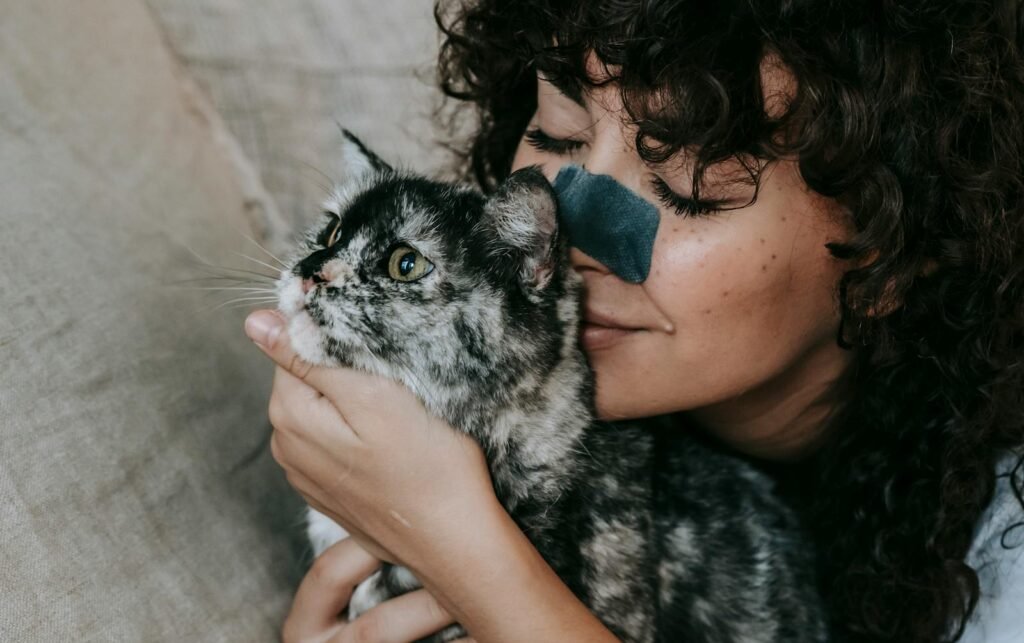
Cats Love Differently Than Dogs
While dogs are pack animals that often love everyone in the family equally, cats are more solitary in nature. Their social behavior is rooted in independence. That doesn’t mean cats don’t love—they just express affection differently, and sometimes more selectively.
Early Socialization Matters
Cats who are well-socialized between the ages of two and seven weeks tend to be more affectionate and trusting toward humans. If a kitten interacts frequently with one person during this crucial development stage, they are likely to form a lasting bond with that person—even well into adulthood.
Why Your Cat Chooses You Over Others
Scent Recognition Is Powerful
Cats rely heavily on scent to identify friends versus foes. If you’re the one feeding, grooming, or cuddling your cat the most, your scent becomes comforting and familiar. This naturally builds trust and affection. Some cats will even rub their faces on their favorite human to “mark” them with pheromones, signaling ownership and affection.
Behavior and Energy Alignment
Cats are highly attuned to human energy. If you are calm, patient, and respectful of their space, a cat may feel safer around you. Conversely, a loud or overly energetic person might trigger a cat’s instinct to avoid potential stressors. In essence, cats bond with people whose personalities and behaviors align with their own comfort zones.
Feeding Time: The Power of Positive Associations
The Food-Giver Phenomenon
Cats remember the people who feed them. If you’re the one filling the food bowl every day, your cat likely associates you with comfort and nourishment. Over time, this simple routine can evolve into deep attachment. You’re not just the food source—you’re the source of security.
Trust Builds in Quiet Moments
Cats are subtle communicators. Sitting quietly next to you, blinking slowly, or grooming themselves in your presence are all signs of trust. These small, tranquil moments shared consistently can have a greater bonding impact than loud, active play sessions.
One Bond, Multiple Benefits
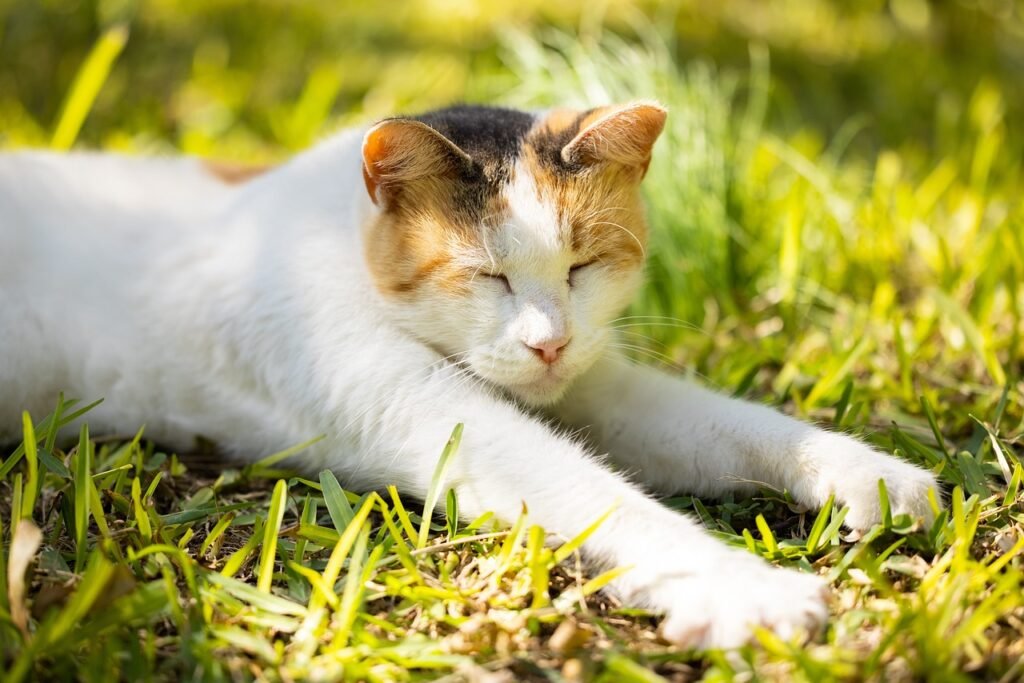
Emotional Support Runs Both Ways
Many people report that their cats seem to “know” when they’re sad or stressed. Cats often seek out their chosen person during emotional lows, providing comfort with their presence. Studies suggest that the bonds between cats and humans can be as strong as those between people and their dogs—or even between people and other people.
The Health Perks of Pet Attachment
Having a close relationship with a pet can reduce stress, lower blood pressure, and combat loneliness. For the chosen human in a cat’s life, the benefits go far beyond cute cuddles—they’re receiving daily doses of emotional and physiological wellness.
Can You Become Your Cat’s Favorite?
Yes—But It Takes Time and Consistency
If your cat has clearly bonded with another member of the family, don’t worry. You can still build a stronger relationship. Try these steps:
- Spend quiet, positive time near your cat (let them come to you).
- Respect their boundaries—never force affection.
- Use treats and toys to create positive associations.
- Observe and learn their unique body language.
Earning a Cat’s Trust Is a Reward in Itself
Unlike dogs, cats don’t give their loyalty freely. When they choose you, it’s meaningful—and deeply rewarding. Patience and consistency are key.
Do Cats Get Jealous of Other Family Members?
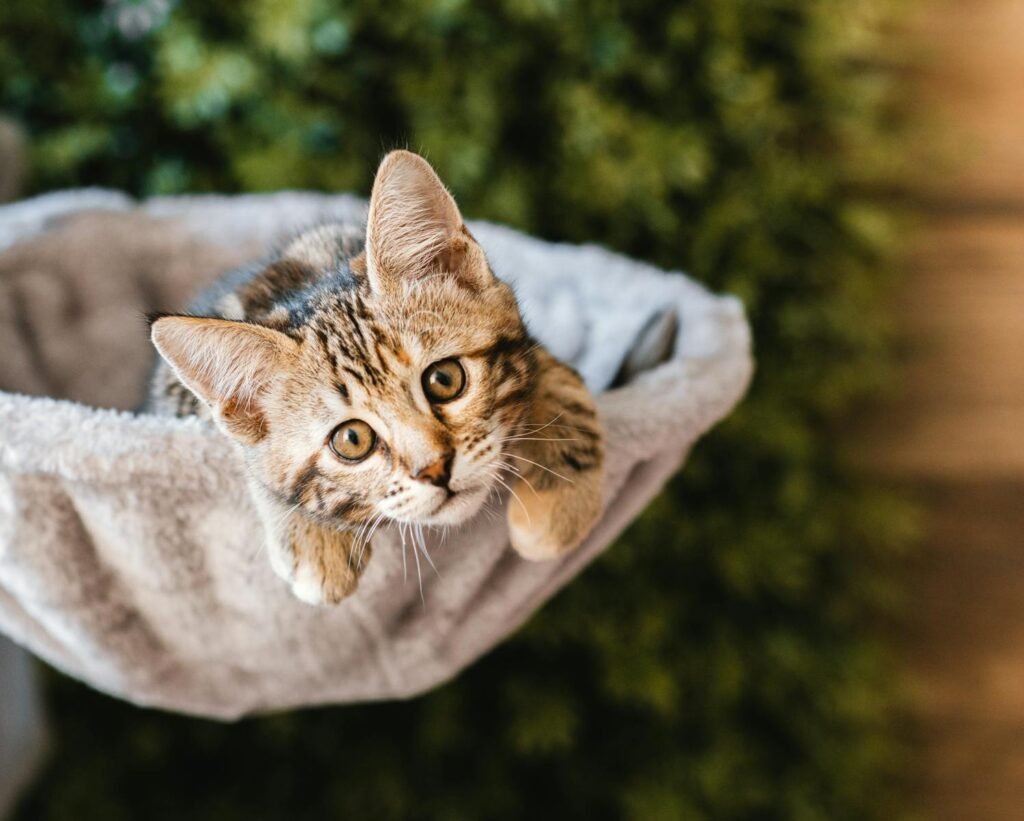
Territorial Behavior Extends to People
Cats are territorial—not just with spaces and objects, but with relationships. If your cat sees you interacting warmly with someone else, they might act out by meowing more, blocking access to your lap, or even displaying mild aggression. This isn’t pettiness—it’s a form of possessiveness rooted in their instinct to protect what they’ve claimed.
How to Ease Tensions
To reduce jealousy or tension, give your cat plenty of one-on-one time and reassurance. Allow them to observe interactions at their own pace and offer comfort when they seek attention. The more secure your cat feels in their place within the household, the less likely they are to feel threatened.
How Multi-Person Households Affect Cat Attachment
It’s Not Always About Quantity of Time
In homes with multiple people, cats will often gravitate toward the person who matches their emotional and behavioral needs—not necessarily the person who spends the most time with them. Quality trumps quantity when it comes to feline affection.
What Happens When the Favorite Person Is Away?
If the cat’s “chosen human” travels often or moves out, cats may temporarily withdraw, act out, or gradually form a new attachment. While it can be emotionally challenging for both cat and human, most cats eventually re-adapt, especially when comfort routines are maintained by others in the home.
Can Cats Show Affection to More Than One Person?
Absolutely—With Boundaries
Although cats often choose one favorite, many are perfectly capable of forming bonds with multiple humans in a household. Each bond may look different: they may cuddle with one person, play with another, and follow yet another from room to room. These multi-faceted connections speak to a cat’s ability to engage emotionally in nuanced ways.
Respect Each Unique Relationship
Each person should learn their individual relationship dynamic with the cat, respecting their preferences in affection, play, or space. A cat who likes belly rubs from one person may avoid touch from another—and that’s okay.
What About Cats That Seem Distant From Everyone?
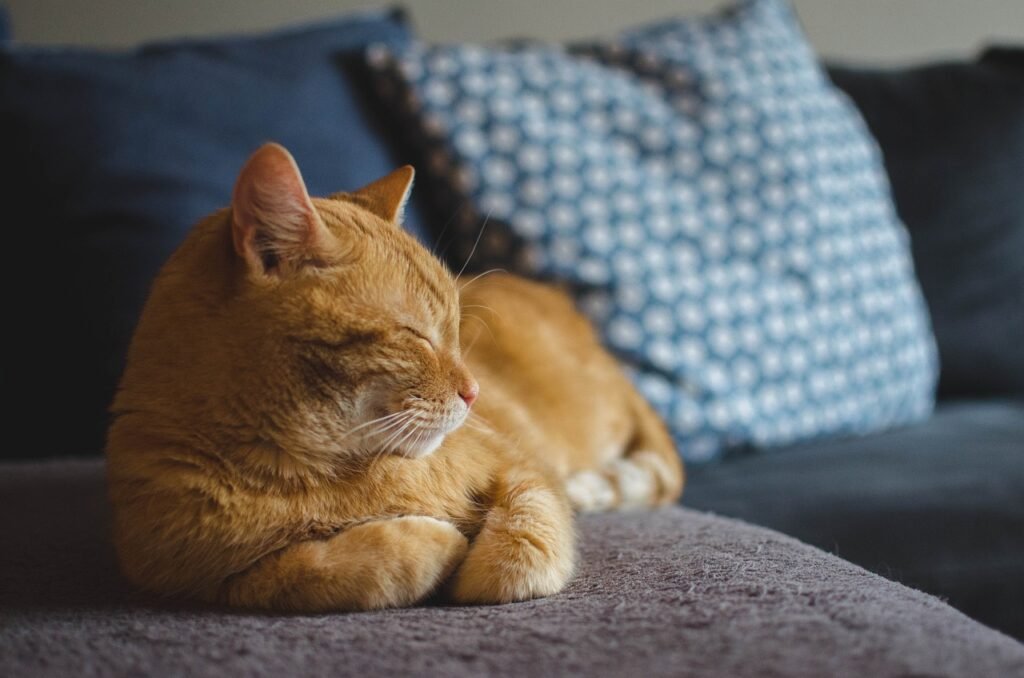
Some Cats Are Just More Independent
Not every cat will form a deep bond, and that doesn’t mean they don’t enjoy your company. Some cats prefer more solitary interactions and demonstrate affection through subtle signs like following you around, slow blinking, or sleeping nearby (but not on) you.
Building Trust With Reserved Cats
For cats who seem emotionally distant, patience is essential. Avoid overwhelming them with attention and instead create consistent, calm environments where they feel safe enough to open up over time.
The Takeaway
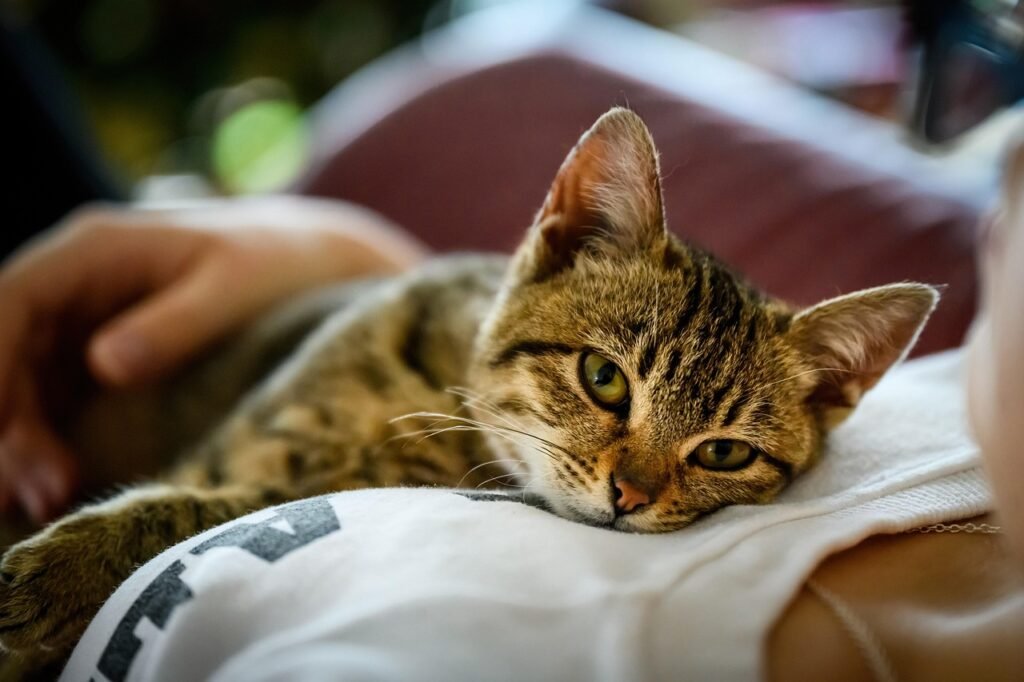
Cats are complex, sensitive creatures. When they choose a favorite human, it’s based on trust, comfort, and compatibility. While every cat is different, they all crave connection in their own way. Whether your cat prefers you, your partner, or someone else entirely, the bond they form is built on a quiet, powerful foundation of trust—and that’s something truly special.

Linnea is a born and bred Swede but spends as much time as possible in Cape Town, South Africa. This is mainly due to Cape Town’s extraordinary scenery, wildlife, and atmosphere (in other words, because Cape Town is heaven on earth.) That being said, Sweden’s majestic forests forever hold a special place in her heart. Linnea spends as much time as she can close to the ocean collecting sea shells or in the park admiring puppies.






